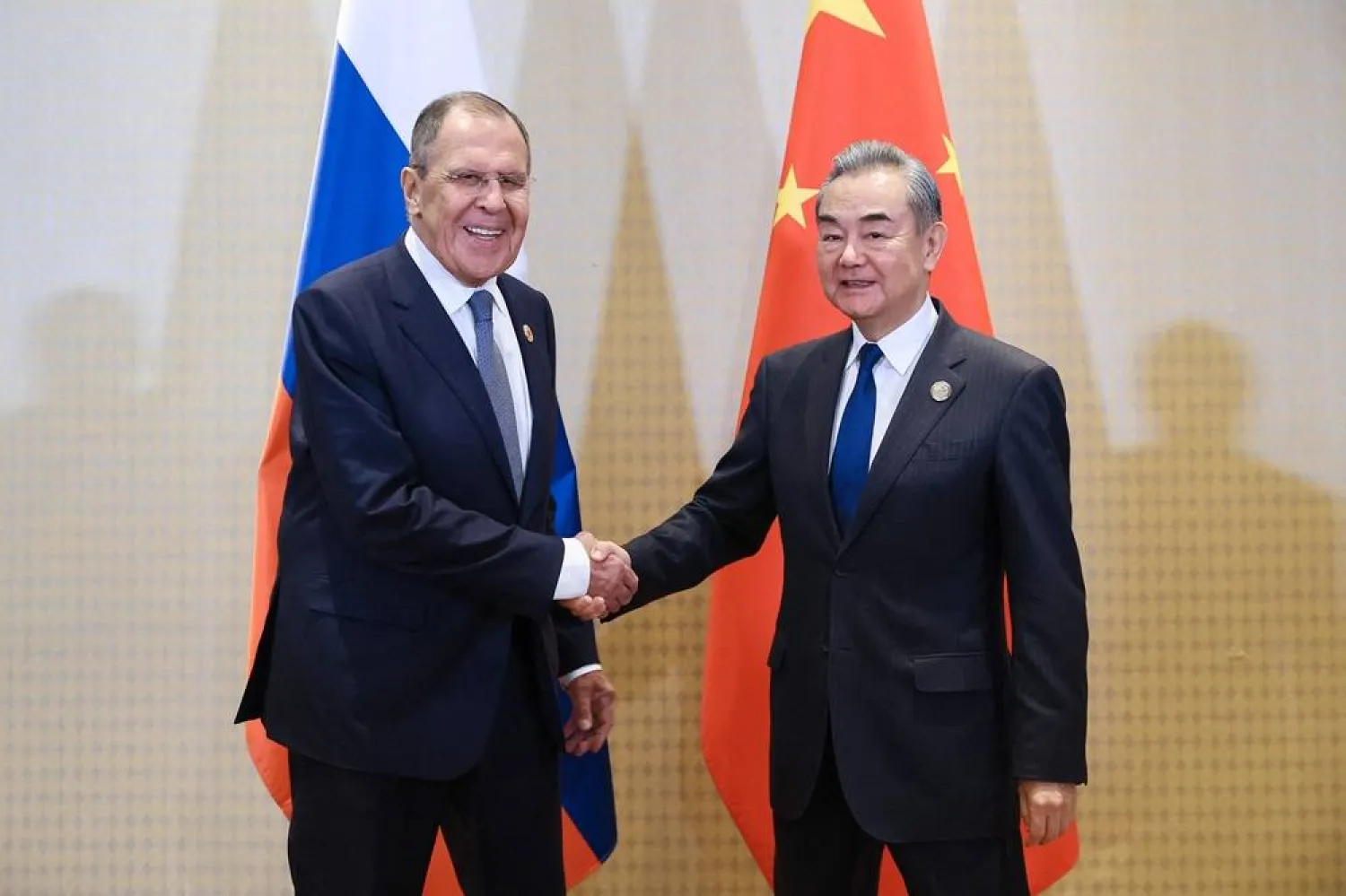Chinese and Russian foreign ministers discussed bilateral ties, the conflict in Ukraine and the situation on the Korean Peninsula on the sidelines of the Group of 20 meeting in Brazil, the foreign ministries of both countries said on Tuesday.
"We are truly at an unprecedented stage in the development of our strategic relations of a comprehensive partnership," Russia's Sergei Lavrov told his Chinese counterpart, Wang Yi, according to a post on the Russian foreign ministry Telegram channel.
Wang said that Beijing is willing to work with Russia to further strengthen bilateral "comprehensive strategic coordination," the Chinese foreign ministry said in a statement.
The "two sides also exchanged views on the Ukraine crisis and the situation on the Korean Peninsula," it added without providing further detail.
The meeting is part of a frenzy of bilateral talks between China and Russia that followed Moscow's full-scale invasion of Ukraine 1,000 days ago. The war ostracized Moscow from Kyiv's Western allies, bringing waves of sanctions on Russian politicians and businesses.
China and Russia declared a "no limits" partnership when Russian President Vladimir Putin visited Beijing less than three weeks before his troops marched into Ukraine in February 2022, triggering the deadliest land war in Europe since World War Two.
In May this year, Putin and Chinese President Xi Jinping pledged a "new era" of partnership between the two most powerful rivals of the United States, which they cast as an aggressive Cold War hegemon sowing chaos across the world.









